The discussion with the theme “AT THE CROSS FIRE OF TRUMP TARIFF POLICY” specifically discussed five main aspects, namely food-agriculture, fisheries, energy, labor, and business climate. This activity was attended by approximately 380 online participants and 15 offline participants, presenting Prof. Bayu Krisnamurthi as Chairman of Section IV of PP ISEI, and Solikin M. Juhro as General Secretary of PP ISEI who gave the opening remarks. The discussion also presented discussants who are competent in their fields, namely Prof. Bustanul Arifin (Chair of the ISEI Agriculture and Forestry Focus Group), Dr. Widhyawan Prawiraatmadja (Chair of the ISEI Energy and Mineral Resources Focus Group), Dr. Ir. Dr. Nimmi Zulbainarni (Chair of the ISEI Marine and Fisheries Focus Group), Dr. Ninasapti Triaswati (Chair of the ISEI Employment, Poverty, and Public Services Focus Group), and Dr. Eugenia Mardanugraha (Vice Chair of the ISEI Industry and Business Competition Focus Group).
ISEI views that the current global challenges have shifted from a VUCA (Volatility, Uncertainty, Complexity, Ambiguity) situation to TUNA, namely Turbulence, Uncertainty, Novelty, and Ambiguity. TUNA is considered to reflect a higher level of uncertainty and dynamics than VUCA, with more profound and unpredictable disruption characteristics.
This shift indicates a disruption in the international trade order, which in turn has an impact on national economic strategies. In the discussion, it was concluded that there are at least three sectors namely food-agriculture, fisheries, and energy that are not directly affected by the Trump USA tariff policy. This is based on the data that Indonesia's exports to the United States only cover around 26 billion USD or around 10% of Indonesia's total exports to the global market. These sectors account for around 10% of total national exports, so their contribution to the US market is relatively limited. Although considered less directly affected, these three sectors still need special attention given their characteristics as labor-intensive sectors that absorb a lot of labor. The initial impact of the Trump USA tariff policy has begun to be felt, one of which is shown through the obstacles to shrimp and octopus exports from Kendari conveyed by one of the discussion participants.
In response, the forum agreed that negotiation is a wiser first step than retaliation. To strengthen its position in the negotiation process, the discussion proposed two main strategies. First, Indonesia could import more gas from the United States. In addition to being needed, gas imports are considered not to have a direct impact on popular economic sectors such as agriculture and fisheries, and have economic value that can be used as bargaining power. Second, it is important to take into account the value of imports of services from the United States such as Netflix, WhatsApp, and Google services, which have not been explicitly reflected in the goods trade balance, but have a real contribution to the economic relations between the two countries.
The discussion also highlighted the importance of anticipating the long-term impact of this tariff policy. There are at least two strategic issues that need to be watched out for. First, the emergence of international trade without order, a condition in which international trade takes place without a clear, consistent, and mutually trusted framework of rules by the countries involved. Second, the future of renewable energy could potentially be disrupted if trade uncertainty hampers investment, technology transfer, and international cooperation. The current changing global landscape reflects the weakening of the international trade order that has been based on cooperation and collective rules. One of them is the shift from multilateral to bilateral approaches, where countries now prefer to enter into one-on-one trade agreements, which are considered faster and more flexible, but often do not guarantee the principles of fairness and equality for all parties. In addition, the practice of friend-shoring, which refers to efforts to concentrate supply chains in partner countries that are considered geopolitically stable, has begun to decline along with the increasing uncertainty in the global political situation. This is slowly creating a new form of dependency that is no less vulnerable to external disruptions or pressures. At the same time, the global rules-based world trading system is being replaced by a unilateral rules-based approach, where powerful countries set and implement unilateral rules without considering international agreements. This shift not only increases the potential for conflict and trade tensions, but also erodes trust between countries, and weakens the function of multilateral institutions that are supposed to maintain stability and order in global trade.
Download Materi Diskusi:
ISEI OPEN DISCUSSION “AT THE CROSS FIRE OF TRUMP TARIFF POLICY”
Strategi Indonesia HADAPI TARIF RESIPROKAL AMERIKA SERIKAT
US Import Tariff Policy & the Energy Sector
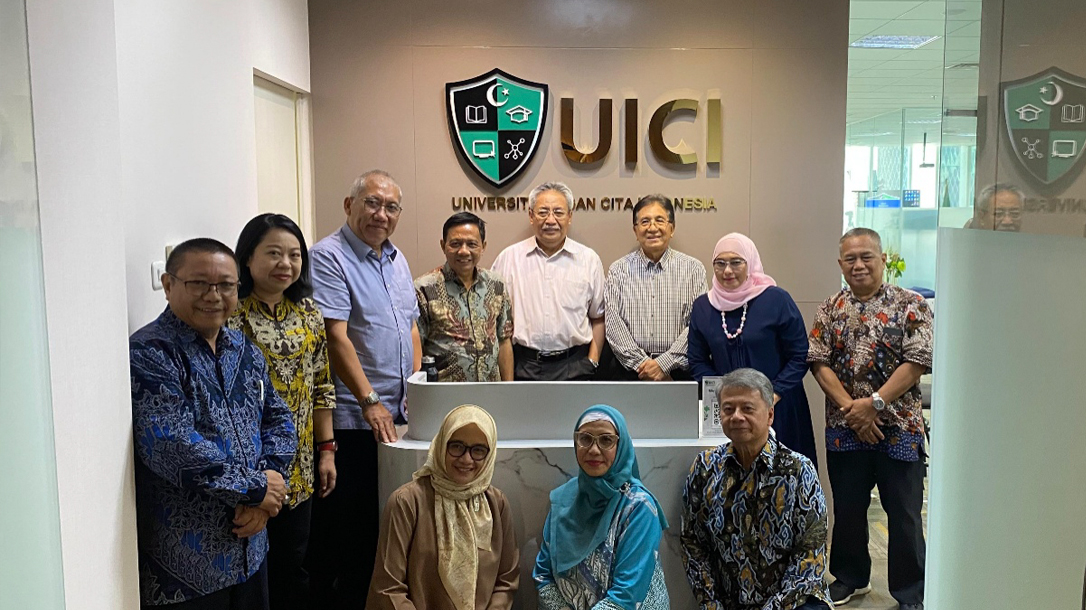
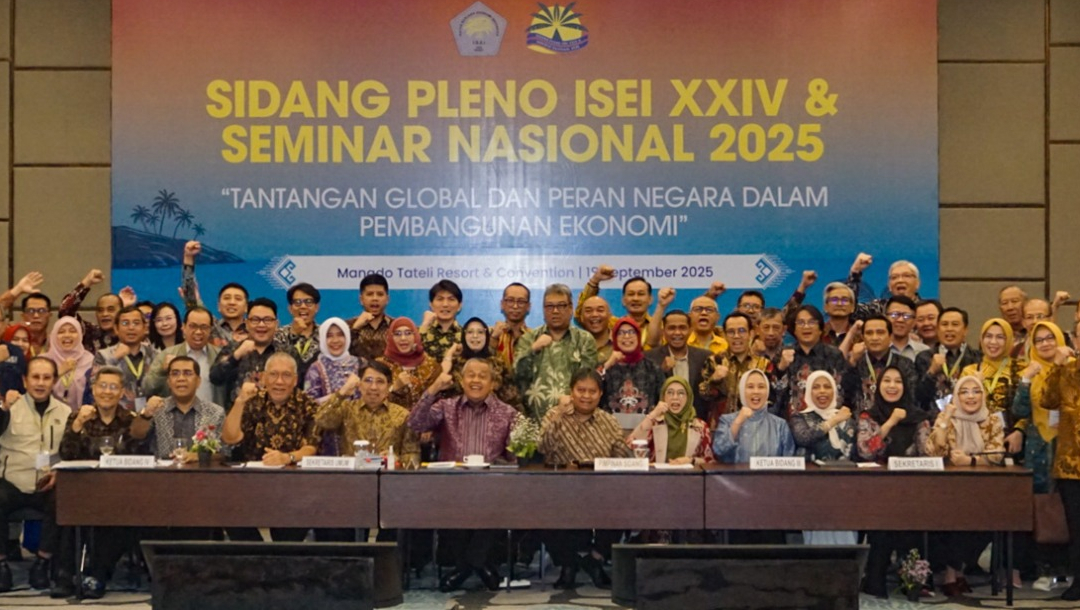
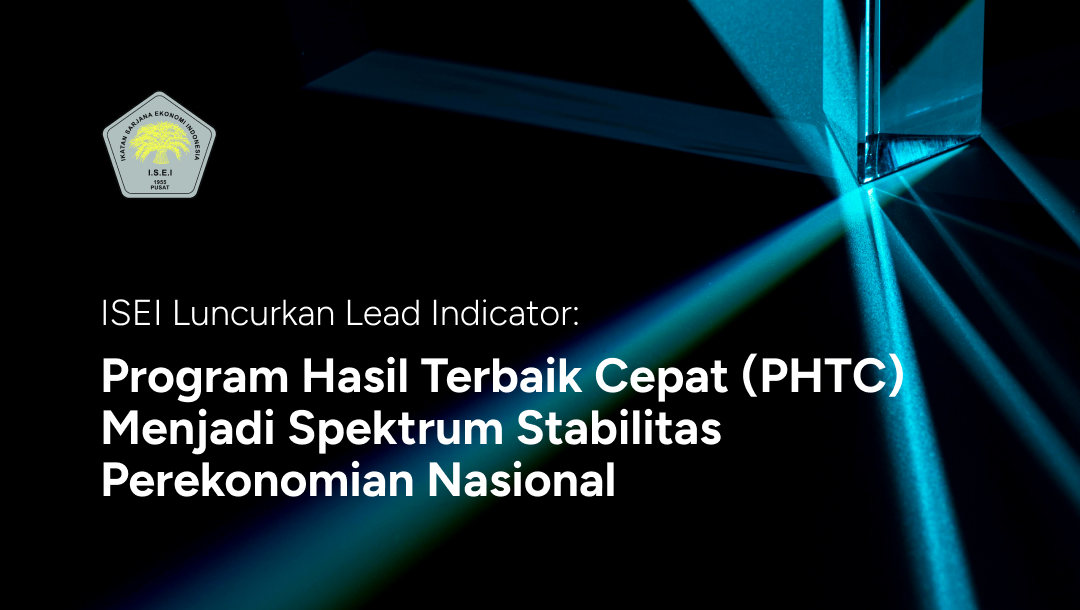
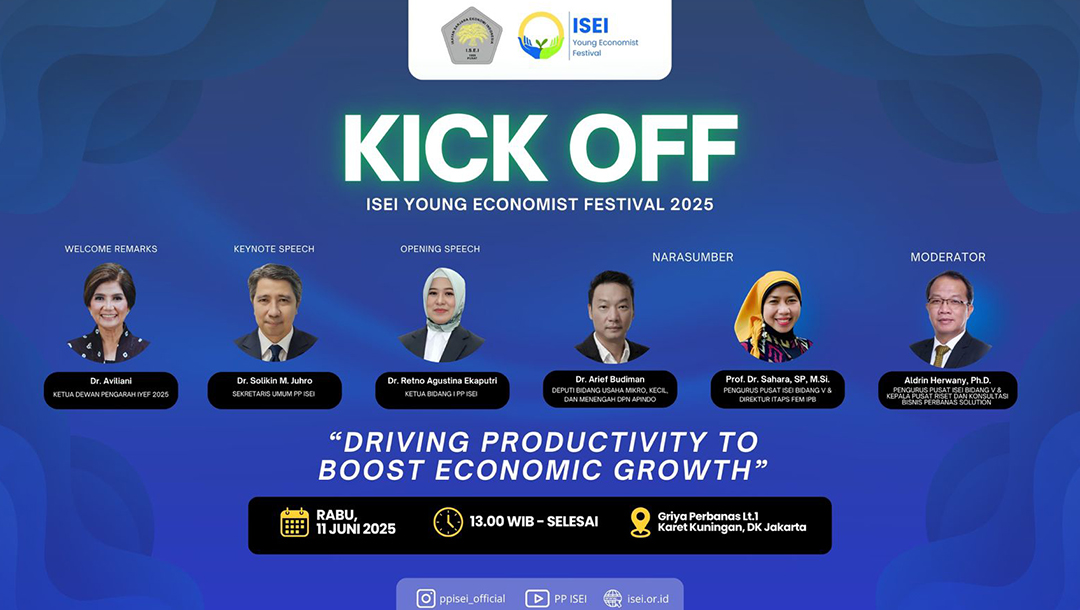
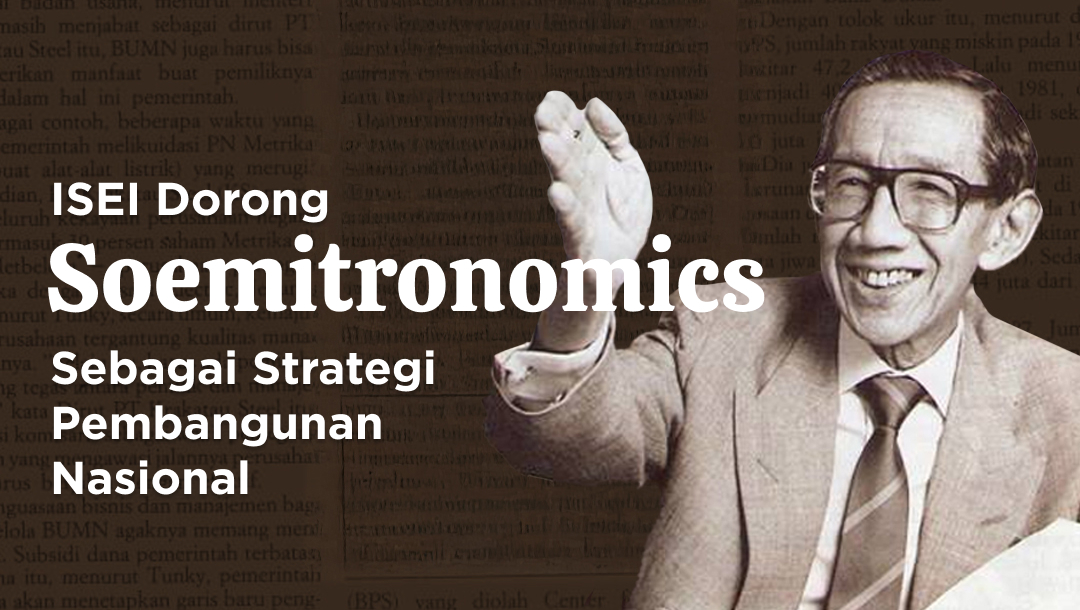
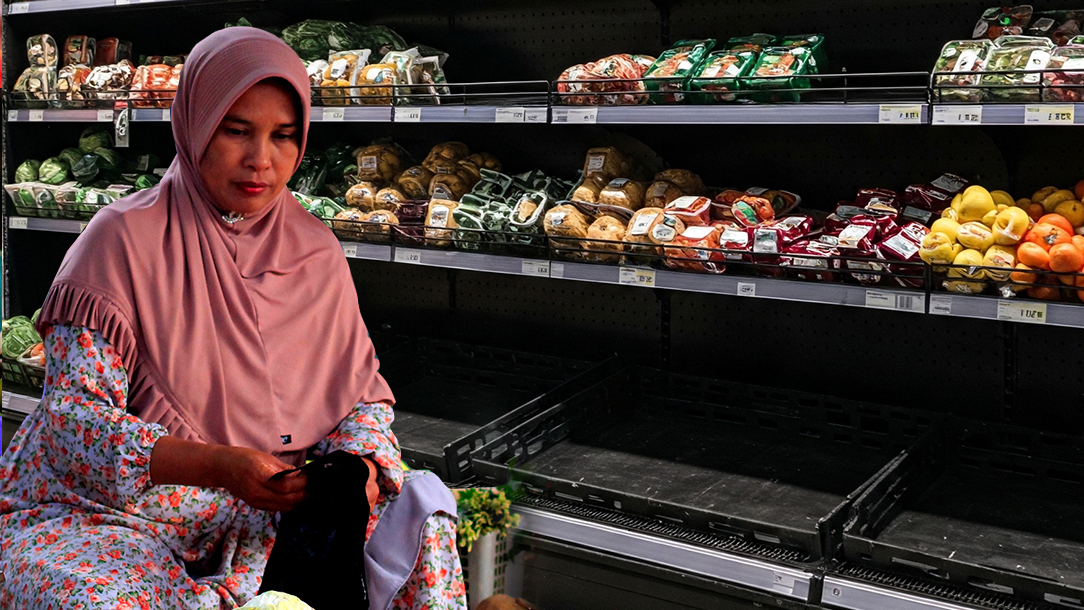
 Jurnal Ekonomi Indonesia
Jurnal Ekonomi Indonesia Menjadi Anggota
Menjadi Anggota